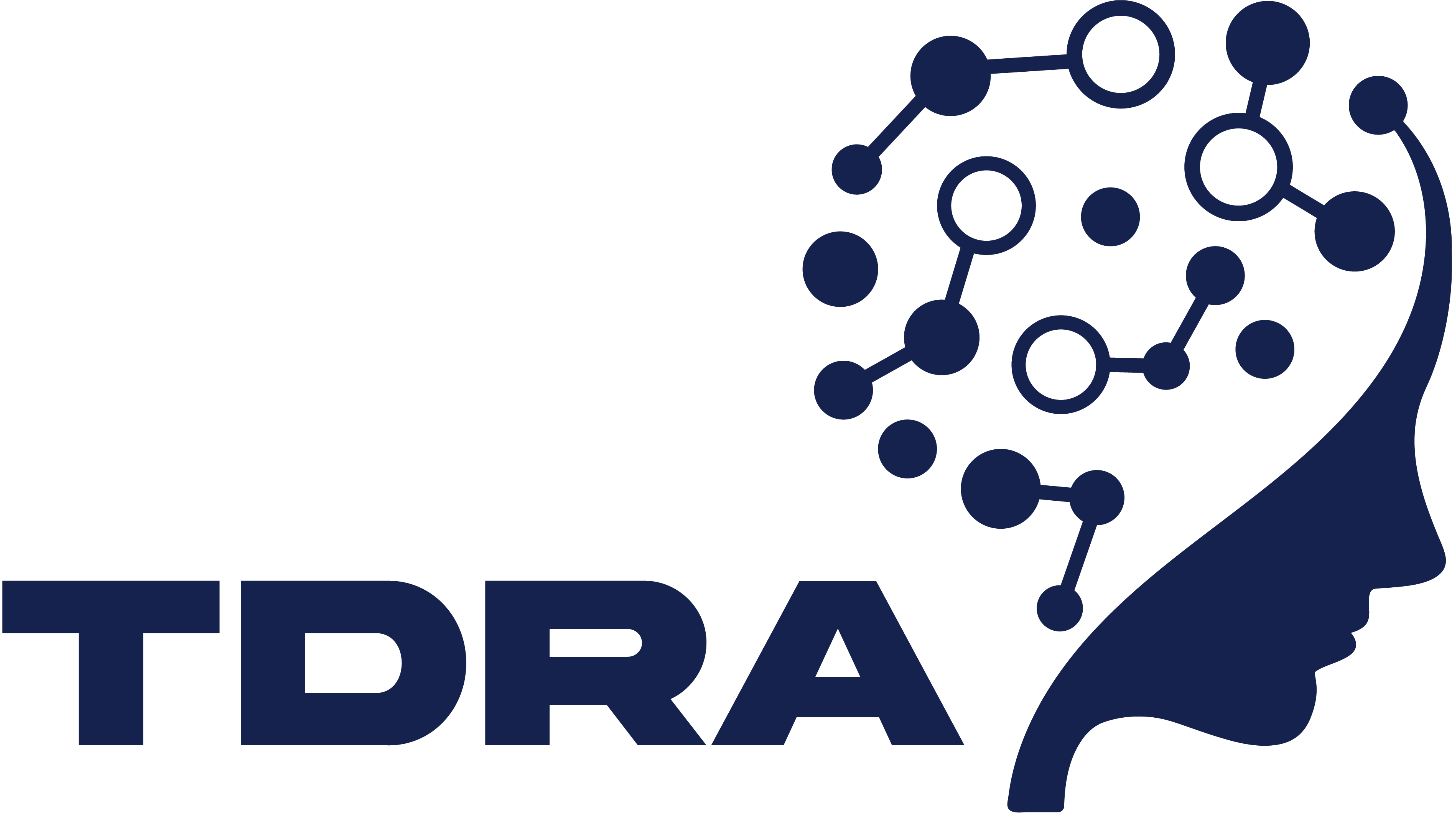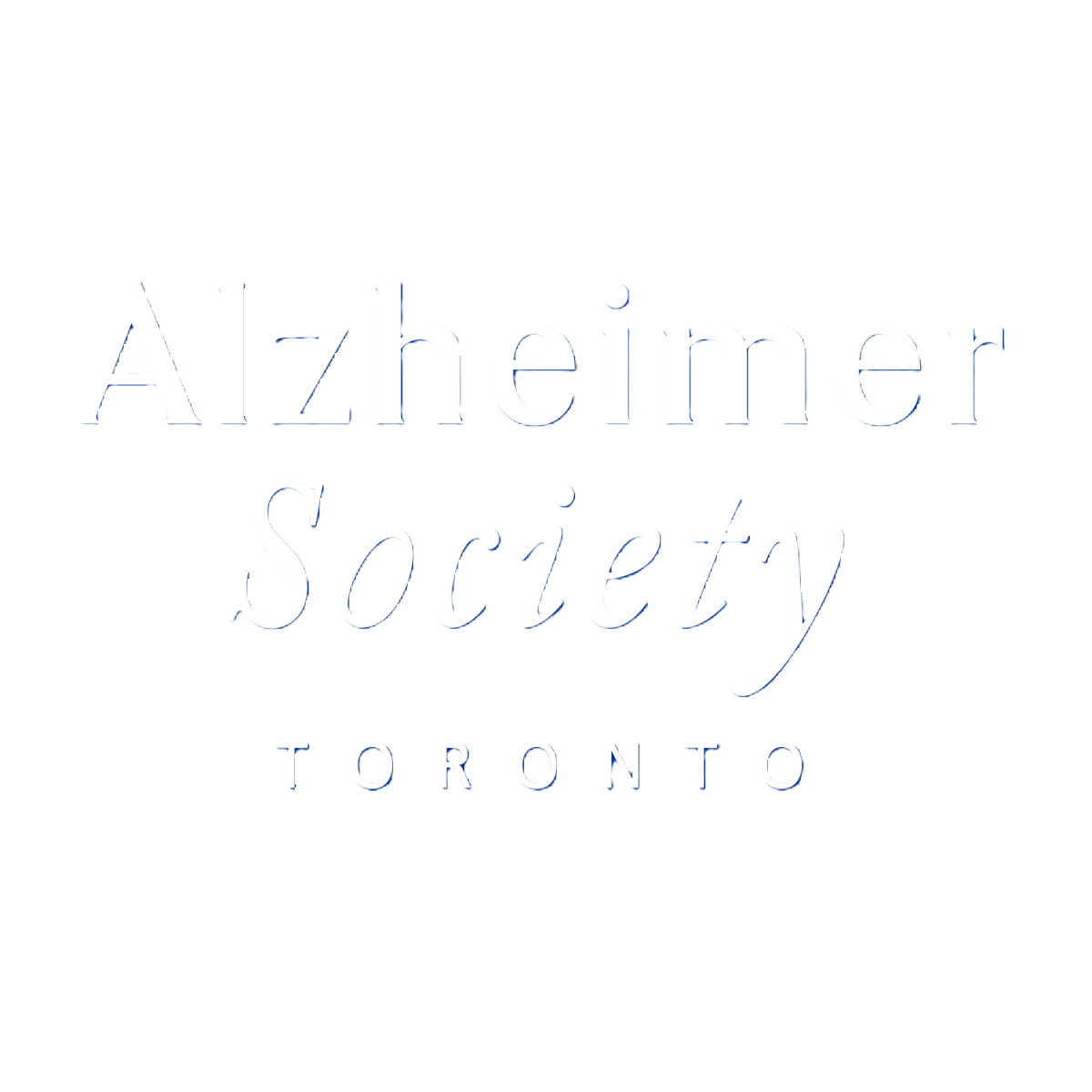Research Studies
Welcome to the TDRA Research Studies Portal
(Previously Part of the Toronto Dementia Network)
This portal is for anyone interested in joining a dementia-related research study. All studies listed here are open to the public and you can browse or sign up to participate.
The studies are led by trusted scientists across the Greater Toronto Area, including at Baycrest, the Centre for Addiction and Mental Health (CAMH), Ontario Shores Centre for Mental Health Sciences, Sunnybrook Health Sciences Centre, University Health Network (UHN), and the University of Toronto. All studies are approved by a Research Ethics Board.
Some studies are observational, where researchers collect information without changing your care. Others are interventional, where something new—like a medicine or therapy—is tested to see how well it works.
You can explore the studies on your own, or fill out a short form to be matched to one that fits you. Each study page tells you who can take part, where it happens, and how much time it takes. If you have questions, contact us at tdra@utoronto.ca or 416-795-0929—we’re here to help.
Thank you for your interest in research. By getting involved, you’re helping move dementia prevention, diagnosis, and treatment forward.
How to Find Studies
Below, you’ll see some Quick Search buttons in light blue boxes. These help you find studies that match your needs—like studies for people with Alzheimer’s disease, caregivers/care partners, or healthy volunteers. Just click a button to see those studies.
If you want more options, you can use the filters below the quick search buttons. They let you choose things like study type, age group, who the study is for, or where it happens. Remember to hit “Apply” after choosing your filters.
If you don’t know where to start, click “Match me to a study” in the Quick Search box or scroll down to the blue box at the bottom that says “Can’t find a study you’re interested in?” Both will take you to a questionnaire that helps our staff match you to the right study. All your information is stored securely and kept private.
If you just want to browse, all available studies are listed below the filters. Click on any study description to go to the full study page. Studies are shown with the newest first—you can scroll or click through pages to see more.
All Available Studies
Do you have questions about research studies you saw on this page?
Please contact tdra@utoronto.ca

Disclaimer
The listing of a study on the TDRA’s Research Studies Portal is for informational purposes only. The safety, efficacy or scientific validity of the studies listed here have not been evaluated by The Alzheimer Society of Toronto (AST) or the Toronto Dementia Research Alliance (TDRA). The TDRA is an academic coalition among the University of Toronto and Baycrest, the Centre for Addiction and Mental Health, Ontario Shores Centre for Mental Health Sciences, Sunnybrook Health Sciences Centre, and the University Health Network. The information collected will be kept and guarded by TDRA. Choosing to participate in a study is an important personal decision. Before you participate in a study, you should make sure you understand the risks and potential benefits and discuss all options with your health care provider(s).
Presented in Partnership with the Alzheimer Society of Toronto
TDRA is proud to partner with the Alzheimer Society of Toronto (AST), a community organization focused on helping people living with dementia, their families, and care partners. Together, we created this website to make it easier for people to find and join dementia research studies. We also offer free webinars where researchers explain their studies in simple language. Progress in preventing, diagnosing, and treating dementia depends on people taking part in research. The aim of our partnership is to help more people learn about dementia, participate in research, and support this important work. For more information about dementia services and resources, please visit the AST website at https://alz.to.



